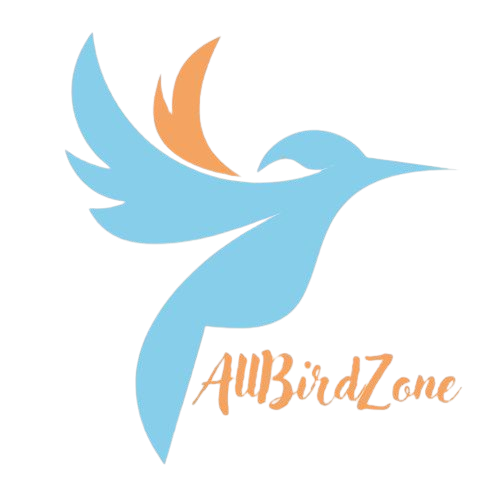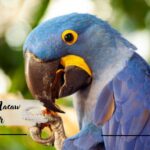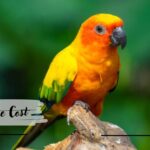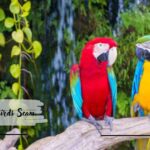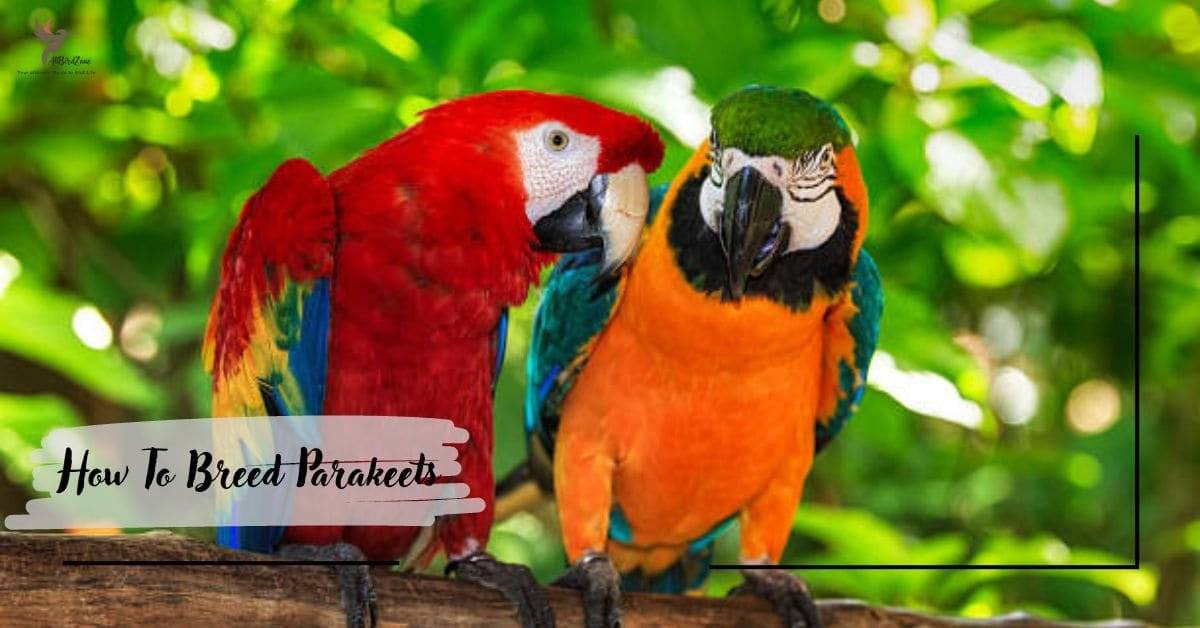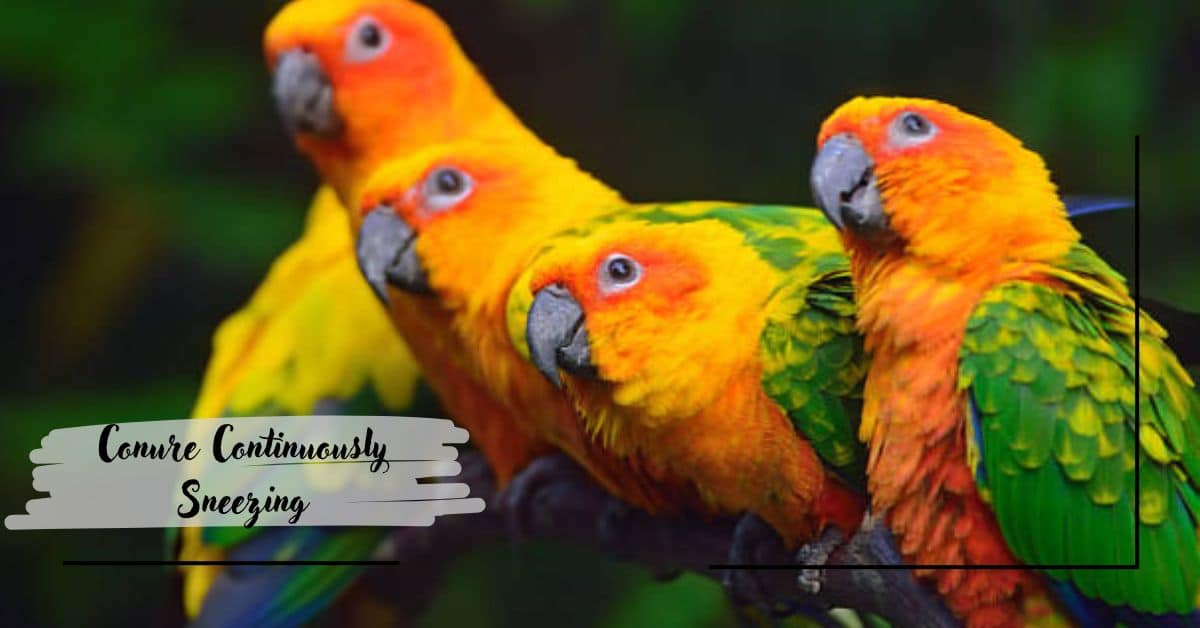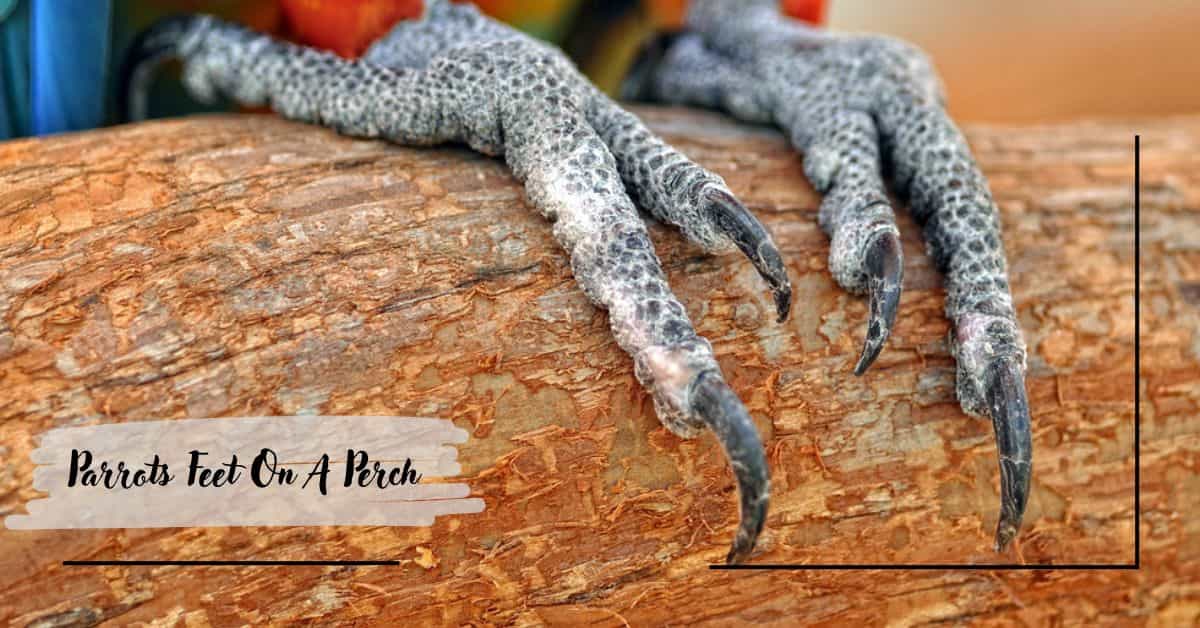Parrot Diet and Nutrition is a balanced diet for parrots is essential for their health and well-being. It involves offering a variety of foods to ensure they get all the necessary nutrients. A good diet includes high-quality pellets, which provide essential vitamins and minerals. Fresh fruits, such as apples, berries, and bananas, and vegetables like carrots, bell peppers, and leafy greens, should be part of their daily meals to offer important vitamins and antioxidants. While seeds can be included, they should not be the main part of their diet because they are often high in fat. Nuts like almonds and walnuts can be given as occasional treats. Additionally, always provide fresh, clean water for hydration. This diverse diet supports overall health, maintains energy levels, and keeps parrots happy and active.
Essential Components of a Parrot’s Diet:
Pellets:
These are specially formulated to provide complete nutrition. They should form the base of your parrot’s diet, providing essential vitamins and minerals that may be missing from other foods.
Fruits:
Fresh fruits like apples, bananas, and berries offer vital vitamins and antioxidants. They should be given in moderation due to their natural sugar content.
Vegetables:
Vegetables such as bell peppers, carrots, and broccoli are rich in vitamins and fiber. They help with digestion and provide essential nutrients.
Seeds and Nuts:
These can be part of a parrot’s diet but should not be the main food source. Seeds and nuts are high in fats and should be offered in small quantities.
Why is a Balanced Diet Crucial for Parrots?
Health Benefits:
A balanced diet is very important for keeping parrots healthy. It helps them stay at a good weight, have strong feathers, and maintain a colorful beak and healthy claws. Eating a variety of foods makes sure they have plenty of energy and feel good overall.
Preventing Common Health Issues:
Good nutrition helps prevent health problems like obesity, which can lead to serious issues such as heart disease. It also stops nutritional deficiencies that can cause problems like feather loss or a weak immune system. By feeding your parrot a balanced diet, you help keep them healthy and happy for a longer time.
What Nutrients Do Parrots Need?
Key Vitamins and Minerals for Parrots:
1. Vitamin A: Essential for good vision, healthy skin, and a strong immune system. Found in foods like carrots and sweet potatoes.
2. Vitamin B12: Important for energy metabolism and red blood cell production. Present in fortified pellets and some vegetables.
3. Calcium: Crucial for strong bones and eggshell production. Found in leafy greens like kale and in specially formulated pellets.
Essential Amino Acids and Fatty Acids:
1. Omega-3 Fatty Acids: Help maintain heart health and support brain function. Found in small amounts in seeds like flaxseed and in certain nuts.
2. Protein Needs: Necessary for muscle growth and repair. Provided by pellets and high-protein foods like legumes and nuts.
How to Feed Your Parrot?
Ideal Feeding Ratios:
1. Pellets vs. Fresh Foods:
About 70-90% of your parrot’s diet should be pellets, while 10-30% should be fresh fruits, vegetables, seeds, and nuts. This balance ensures they get all the essential nutrients while still enjoying the variety.
2. Recommended Portion Sizes:
Follow the guidelines on the pellet food package, adjusting based on your parrot’s size, species, and age.
Feeding Schedules and Practices:
1. Constant Access vs. Scheduled Meals:
Some experts recommend keeping food available at all times to mimic natural foraging behavior. Others suggest two measured meals a day to regulate intake. Consult your veterinarian for advice tailored to your parrot.
2. Consulting with Your Veterinarian:
Regular check-ups can help you adjust your parrot’s diet based on their specific needs and health conditions.
Which Fresh Fruits and Vegetables Are Safe for Parrots?
Fruits:
Apples, mangoes, papayas, and pineapples are safe and nutritious. They should be washed thoroughly and served in small, manageable pieces.
Vegetables:
Bell peppers, broccoli, carrots, and sweet potatoes are excellent choices. Serve them fresh, steamed, or boiled, and cut into small pieces.
Foods to Avoid:
Toxic Produce:
Avoid giving avocados, onions, and chocolate, as they are toxic to parrots and can cause serious health issues.
Preservatives and Waxes:
Steer clear of supermarket produce that has been polished with waxes or sprayed with preservatives.
Can Parrots Have Treats?
Treats can be a fun way to reward your parrot, but they should be given in moderation. Safe treat options include healthy snacks like treat sticks and whole unsalted peanuts, which are both enjoyable and nutritious for parrots. You can also offer a small amount of dry wholewheat toast or pasta noodles. Occasionally, you can give your parrot a special treat, such as a slice of jalapeno pepper (without seeds) or a small piece of fruit. These treats add variety to their diet and can be a great way to show affection, but it’s important to limit them to avoid any negative health effects.
Treats to Avoid:
Onions: Toxic and can cause digestive issues.
Chocolate: Contains theobromine, which is harmful to parrots.
Avocados: Contains persin, which is toxic.
How to Monitor Your Parrot’s Health Through Diet?
Physical Indicators:
Look for bright eyes, a clean beak, and vibrant feathers. A healthy parrot will also have a normal weight and good energy levels.
Behavioral Indicators:
Active behavior and regular, normal droppings are signs of a well-balanced diet.
When to Consult a Veterinarian?
Routine Check-Ups:
It’s important to schedule annual visits to the vet to keep track of your parrot’s overall health and nutritional needs. These regular check-ups help ensure your parrot is healthy and receiving the right diet.
Addressing Dietary Concerns:
If you notice any changes in your parrot’s health or behavior, such as unusual weight loss, changes in feathers, or a shift in energy levels, it’s a good idea to consult your vet. They can provide advice on dietary adjustments or identify any potential health issues that need to be addressed.
Also Read: Cockatiel Lifespan In Captivity – Average Lifespan Of Cockatiel!
Frequently Asked Questions about Parrot Diet and Nutrition:
Can I feed my parrot cooked food?
Yes, parrots can eat cooked foods, but it’s important to ensure that they are prepared without any harmful ingredients. Cooked vegetables, grains, and legumes are suitable. Avoid adding salt, oil, or seasoning.
How much water does my parrot need daily?
Parrots should have constant access to fresh, clean water. The amount they drink can vary depending on their diet and environment, but always ensure they have enough water available at all times.
Is it safe to feed my parrot dairy products?
Dairy products are generally not recommended for parrots. Most parrots are lactose intolerant, which means they can have difficulty digesting dairy and it might cause gastrointestinal upset.
Can I give my parrot human food scraps?
Some human food scraps can be given to parrots, but be cautious. Avoid foods high in salt, sugar, or fat. Safe options include plain pasta, some fruits, and cooked vegetables. Always avoid harmful foods like onions and chocolate.
How often should I change my parrot’s food and water?
Food and water should be changed daily to ensure freshness and prevent bacterial growth. Check your parrot’s food and water bowls regularly and clean them thoroughly.
Are there specific foods that help with feather plucking?
Feather plucking can be related to dietary deficiencies or behavioral issues. Providing a balanced diet rich in essential nutrients, especially vitamins A and E, can help improve feather health. Consult your veterinarian for specific recommendations.
Can I feed my parrot fruit seeds or pits?
No, fruit seeds and pits (like those from apples, cherries, or avocados) should be avoided, as they can be toxic or cause digestive problems. Always remove seeds and pits before offering fruits to your parrot.
What are the signs of an unhealthy diet in parrots?
Signs of an unhealthy diet may include dull feathers, weight loss or gain, lethargy, and changes in droppings. If you notice these symptoms, consult an avian veterinarian for advice.
Can parrots eat all types of nuts?
Most nuts are safe for parrots in moderation, but avoid salted or seasoned nuts. Nuts like almonds, walnuts, and cashews are good choices. However, peanuts should be given cautiously due to their high fat content.
How do I introduce new foods to my parrot?
Introduce new foods gradually to avoid upsetting your parrot’s digestive system. Offer small amounts and observe how your parrot reacts. If they refuse a new food, try presenting it again at a different time or mixed with familiar foods.
Is it okay to use bird-safe vitamins and supplements?
Yes, bird-safe vitamins and supplements can be beneficial if recommended by your veterinarian. They can help address specific nutritional gaps or health concerns but should not replace a balanced diet.
What should I do if my parrot is a picky eater?
If your parrot is a picky eater, try offering a variety of foods and textures to find what they prefer. Ensure you provide a balanced diet and consult with an avian veterinarian if you have concerns about their nutritional intake.
Conclusion:
Keeping your parrot healthy and happy starts with a balanced diet. By providing a mix of high-quality pellets, fresh fruits and vegetables, and occasional treats, you ensure they get the nutrients they need. Regular check-ups with your vet and a variety of foods will help keep your feathered friend vibrant and full of life. Remember, a well-fed parrot is a happy parrot.
